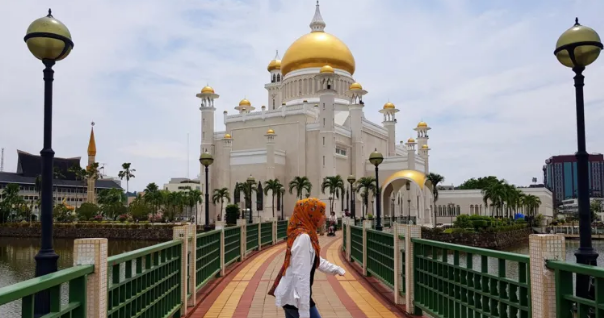Canada Global(Web News) Unlike many other countries in the world, neither the economic crisis nor the pandemic nor the war in Ukraine has been able to have a significant negative impact on the economy of the small country of Brunei. During the Corona epidemic, the world The big countries were forced to use the money allocated for the welfare of the people to deal with the epidemic, so even then Brunei was the country whose debt ratio was very low compared to the gross national income. It is only 1.9 percent. But a low debt-to-GDP ratio does not necessarily indicate a country’s healthy economy. Many developing countries also have low debt-to-GDP ratios, but this is
because It is said that the debt level of these countries is low, but this is not the case in Brunei. Thanks to the abundant reserves of oil and gas, this small state has one of the highest standards of living in the world. It is the fourth richest country in the world. According to Ulrich Wolz, professor of economics at Brunei’s School of Oriental and African Studies, a former British colony, Brunei is a petrostate (a state whose economy depends on oil and gas revenues). ). Crude oil and natural gas production account for about 90 percent of its GDP. Brunei’s oil reserves were estimated at 1,100 million barrels as of the end of 2017, which is 0.1 percent of global oil reserves. While the country also has 2.6 trillion cubic meters of gas reserves, which is slightly more than 0.13 percent of the world’s gas reserves. Located on the northern coast of the island of Borneo in Southeast Asia, Brunei borders Malaysia and Indonesia. Members of its royal family, headed by the head of state, Sultan Hassan Al Bolkiah, own a great deal of wealth. No income tax is charged to citizens of Brunei. provides free education and health care up to the level of . And the capital of this country is a clean and peaceful city.
Apart from this, the Sultan of Brunei, who is quite popular among the people, has been distributing plots and houses to the deserving citizens under various government schemes from time to time so that the citizens do not face any housing problem. It is a small country in terms of population. However, its population is less than 500,000 and the total area of the country is limited to 5,700 square kilometers. One reason for Brunei’s low debt is the revenue from the sale of hydrocarbons.


